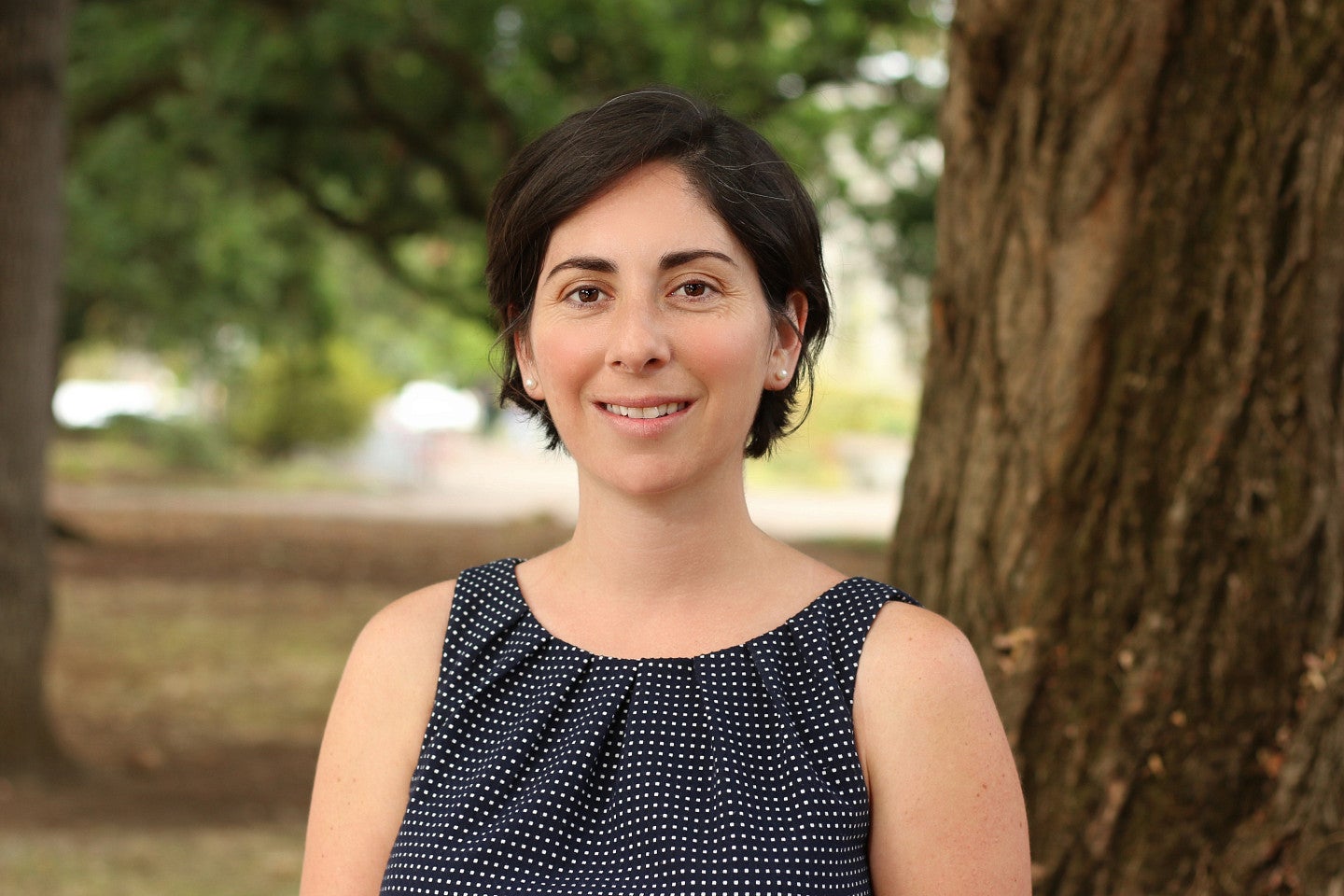
Interdisciplinary research is a hallmark of the Clark Honors College and a value that Dr. Melissa Graboyes exemplifies in her work.
Graboyes is a professor of African and medical history, often combining the subjects to explore the history and ethics of global health efforts in Africa.
Her current research is on a century of malaria elimination attempts in sub-Saharan Africa and specifically on the island of Zanzibar. Continued efforts, funded through the President’s Malaria Initiative, the Gates Foundation and the World Health Organization, have failed to eliminate malaria in sub-Saharan Africa, but the approach to combat the disease hasn’t been adjusted to address the failures. Instead, in the health community there is a “blindness to the history” that has attributed past failings to lack of funding or insufficient effort. Graboyes’ research shows that plenty of funding and sophisticated technologies and techniques were used in prior elimination campaigns. The real shortcomings are in the very idea—whether it’s feasible or appropriate to try to eliminate malaria in parts of tropical Africa.
“I think they are setting themselves up to make the same mistakes again because they haven’t engaged with the historic realities of past attempts that haven’t worked out well,” Graboyes said.
Graboyes recently received a prestigious CAREER award from the National Science Foundation that will fund her continued research and fieldwork in Zanzibar, and the involvement of dozens of CHC students for five years. One component of the grant is meant to provide students with learning experiences outside the classroom and into the field, to engage with the realities of historical and anthropological research. She plans to take four CHC students to work in the World Health Organization’s archives in Geneva during spring break in 2020.
Bringing research outside of the classroom and into the “real world” can give students a better understanding of how they can apply their research outside of traditional academic pathways. Graboyes also highlights connections between coursework and real-world research in her Global Health Research Group, a group of a dozen CHC students whom she mentors. Those students are engaging in global health research projects and are writing theses on global health topics, and present at the undergraduate research symposium in addition to making presentations of their work to South Eugene High School.
Graboyes’ Research Group is a collaborative space where students can learn from one another, particularly about the thesis and the intimidating process of applying for fellowships and competitive scholarships at the UO and the national and international level. The seniors are able to provide guidance by sharing winning proposals, scholarship application essays and other academic materials to serve as a guideline for what successful work looks like. Graboyes also shares her own drafts of proposals with the group to show what higher academic processes look like. To date, the students in the group have been very successful at winning funding to support their research with multiple VPRI Summer Research awards, UROP awards, Gilman Scholarships and departmental funding in addition to winning CHC Thesis Awards.
During their two to three years in the lab (students can enter as sophomores and juniors and participate until they graduate), students also work on their thesis projects under Graboyes’s mentorship. The topics range in subject matter, but all take an interdisciplinary approach to thinking about global health topics.
“The group is very interdisciplinary and unified by students who are interested in thinking about scientific topics in a historical or anthropological frame,” Graboyes said. “Not just science as science exists separate from everything else, but how is it embedded in society and culture and history.”
